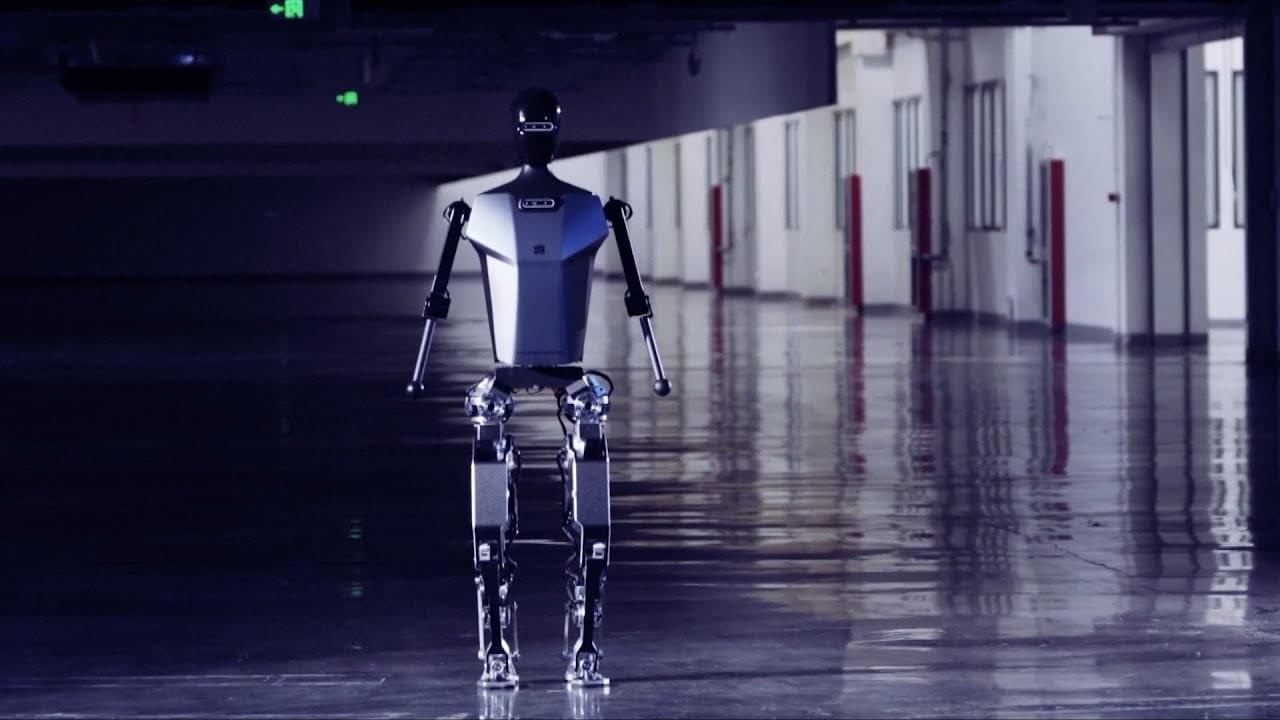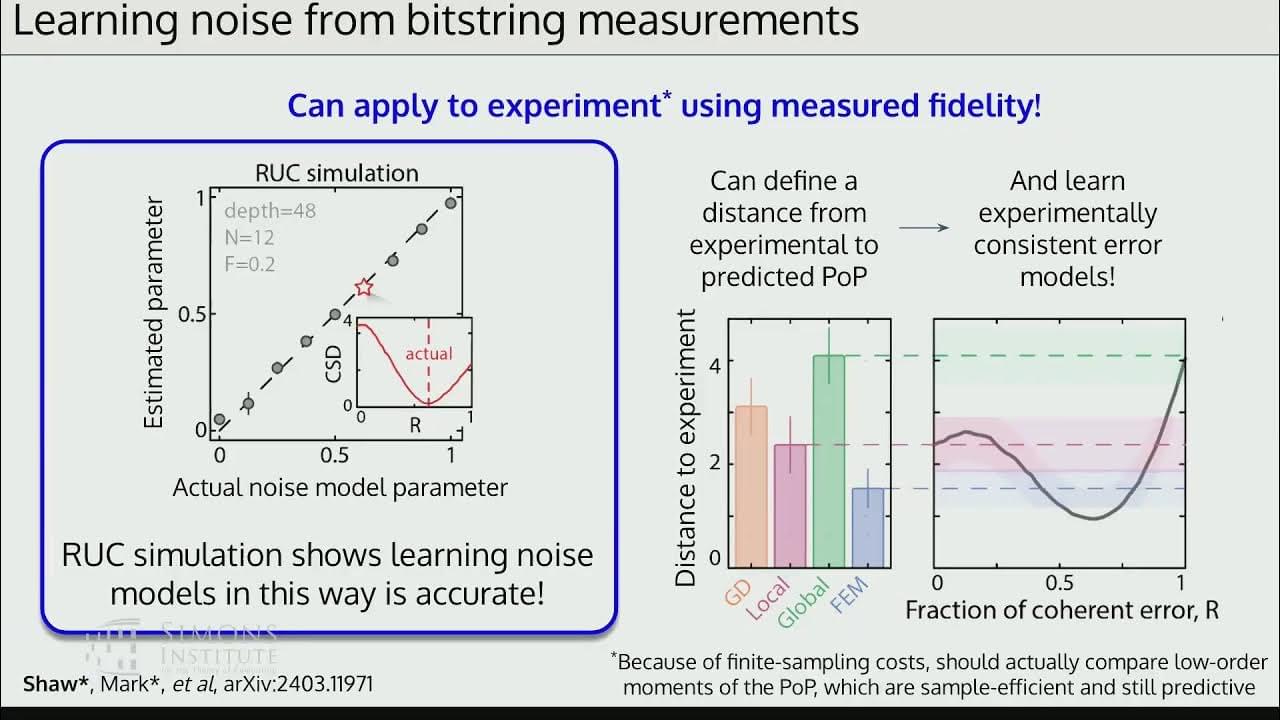Apr 30, 2024
China unveils first self-developed humanoid robot
Posted by Dan Breeden in category: robotics/AI
For more: https://news.cgtn.com/news/2024-04-28/China-unveils-.…htmlChina has unveiled its first self-develop…

For more: https://news.cgtn.com/news/2024-04-28/China-unveils-.…htmlChina has unveiled its first self-develop…
Nuclear energy has long been regarded as a next-generation energy source, and major countries around the world are competing to secure cutting-edge technologies by leveraging the high economic efficiency and sustainability of nuclear power. However, uranium, which is essential for nuclear power generation, has serious implications for both soil ecosystems and human health.
Despite being a key radioactive material, uranium poses significant health risks due to its chemical toxicity to the kidneys, bones, and cells. As a result, both the U.S. Environmental Protection Agency and the World Health Organization recommend allowing and advocating for uranium concentrations in wastewater to be below 30 μg/L.
The Korea Institute of Civil Engineering and Building Technology (KICT) has conducted research on a nano-material-based adsorption process to efficiently remove uranium wastewater extracted from actual radioactive-contaminated soil. They have also proposed its applicability to prevent secondary environmental pollutions.
Engineered protein filaments originally produced by bacteria have been modified by scientists to conduct electricity. In a study published recently in the journal Small, researchers revealed that protein nanowires—which were modified by adding a single compound—can conduct electricity over short distances and harness energy from moisture in the air.
“Our findings open up possibilities for developing sustainable and environmentally friendly electrical components and devices, based on proteins,” says Dr. Lorenzo Travaglini, lead author on the paper. “These engineered nanowires could one day lead to innovations in energy harvesting, biomedical applications and environmental sensing.”
Developments in the interdisciplinary field that combine protein engineering and nanoelectronics also hold promise for developing cutting-edge technologies that bridge the gap between biological systems and electronic devices.
Bioelectronics is a field of research in which biology and electronics converge. In medicine, for example, an external electric current is used to cure or monitor diseases of the nervous system, and also to monitor biomarkers in situ. Devices made of conductive materials are used for these applications.
The most widely used conductive polymer so far in energy and biomedical applications is PEDOT doped with PSS, known as PEDOT: PSS. Despite its exceptional properties, new conductive materials that can improve some of its limitations, such as biocompatibility, still need to be developed.
A study conducted by CIC biomaGUNE’s Biomolecular Nanotechnology group is proposing a mechanism for doping PEDOT using a robust engineered protein (PEDOT: Protein); the outcome is a hybrid material with ionic and electronic conductivity, which is quite similar to PEDOT: PSS in some cases. The paper is published in the journal Small.
Molecular computer components could represent a new IT revolution and help us create cheaper, faster, smaller, and more powerful computers. Yet researchers struggle to find ways to assemble them more reliably and efficiently.
To help achieve this, scientists from the Institute of Physics of the Czech Academy of Sciences investigated the possibilities of molecular machine self-assembly building upon solutions honed by natural evolution and using synergy with current chip manufacturing.
There is a limit to the miniaturization of current silicon-based computer chips. Molecular electronics, using single-molecule-sized switches and memories, could provide a revolution in the size, speed and capabilities of computers while cutting down on their increasing power consumption, but their mass production is a challenge. Large-scale, low-defect, accessible nanofabrication and assembly of the components remains elusive. Inspiration taken from living nature could change this status quo.

Have you ever looked back on a moment and wondered if you made the right choice? Professor Robert Sapolsky has, but he believes that there was no actual choice at that moment. Professor Sapolsky has staked out an extreme stance in the field: we are nothing more than the sum of our biology, over which we had no control, and its interactions with the environment, over which we also had no control. Explore what it looks like to reject the notion of free will and how doing so can be liberating rather than paralyzing and despairing.
About the Speaker.
Professor Robert Sapolsky is the John A. and Cynthia Fry Gunn Professor and a professor of biology, of neurology, and of neurosurgery. Over the past thirty years, he has divided his time between the lab, where he studies how stress hormones can damage the brain, and in East Africa, where he studies the impact of chronic stress on the health of baboons.
Continue reading “Determined: Life without Free Will with Robert Sapolsky” »

Adam Shaw (Caltech)https://simons.berkeley.edu/talks/adam-shaw-caltech-2024-04-23Near-Term Quantum Computers: Fault Tolerance + Benchmarking + Quantum Advant…

If you’re struggling, consider therapy with our sponsor BetterHelp. Click https://betterhelp.com/HOTU for a 10% discount on your first month of therapy with a…
The Browser Company, makers of the Arc web browser, released its Windows version today. The company started testing the Windows client in December, and it said that more than 150,000 people have been using it.
The startup, which aims to replace your current browser, recently raised $50 million at a $550 million valuation. Today, The Browser Company opened access to its Windows version to all users without any waitlist. Previously, the waitlist had more than 1 million people on it.
The company started with an invite-only Mac-based version in 2022 and opened it to everyone in July 2023.
More information and choice may be welcomed by some consumers, however, for many others, they’re having to increase the time and effort needed to cut through the noise to decide on what to buy, so much so, they abandon the shopping basket completely.
The data backs this up. In the last three months of 2023, Accenture research found that just under three quarters (73%) of consumers reported being inundated by too much choice, and 75% reported feeling bombarded by advertising. This issue of “information overload” led to a similar number (74%) walking away from purchases because they felt overwhelmed.
It’s easy to see why. The endless number of choices, messages, ads and claims consumers now face, coupled with recommendations from friends, family, influencers, algorithms and apps is only adding to the noise.
